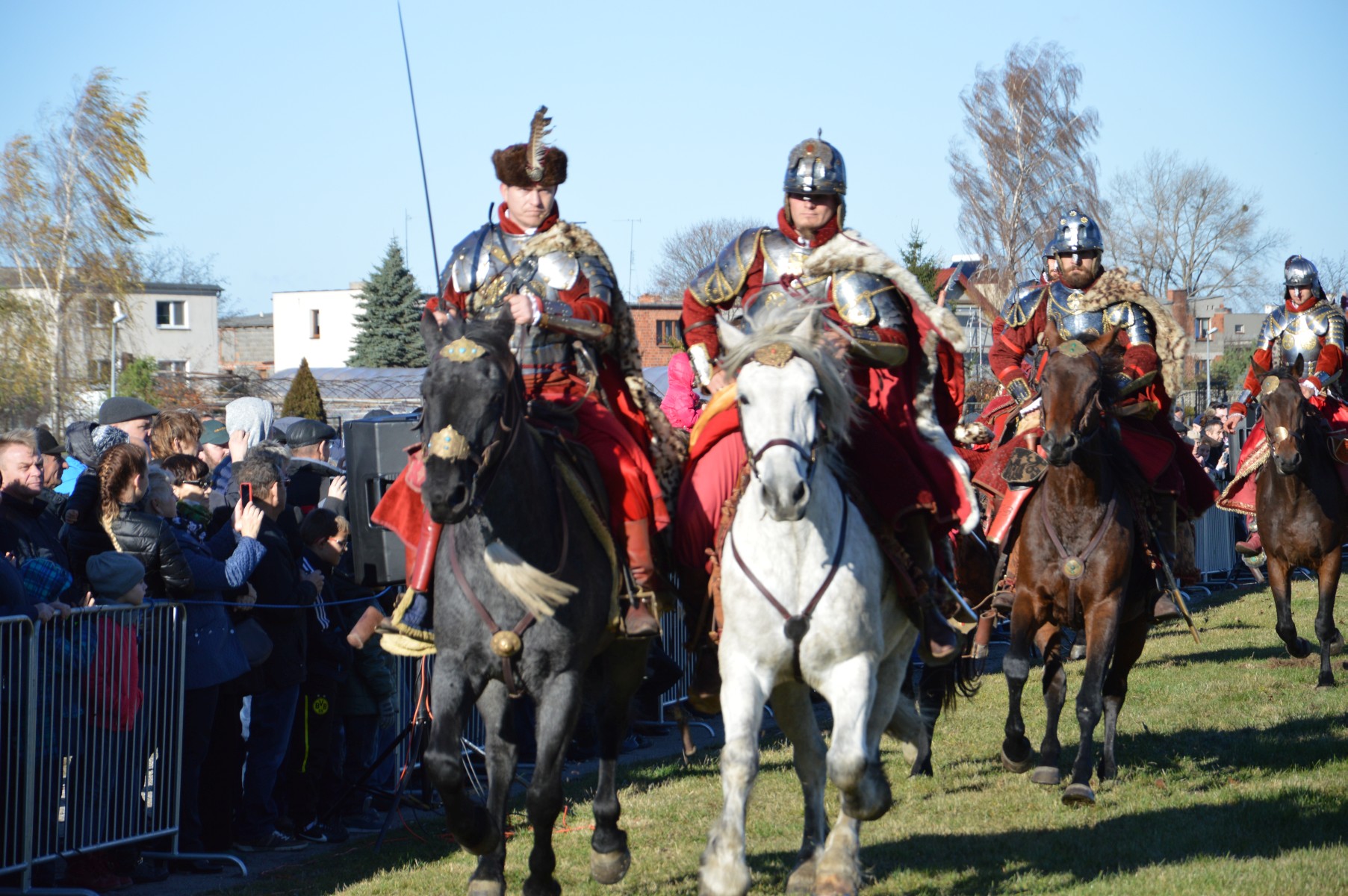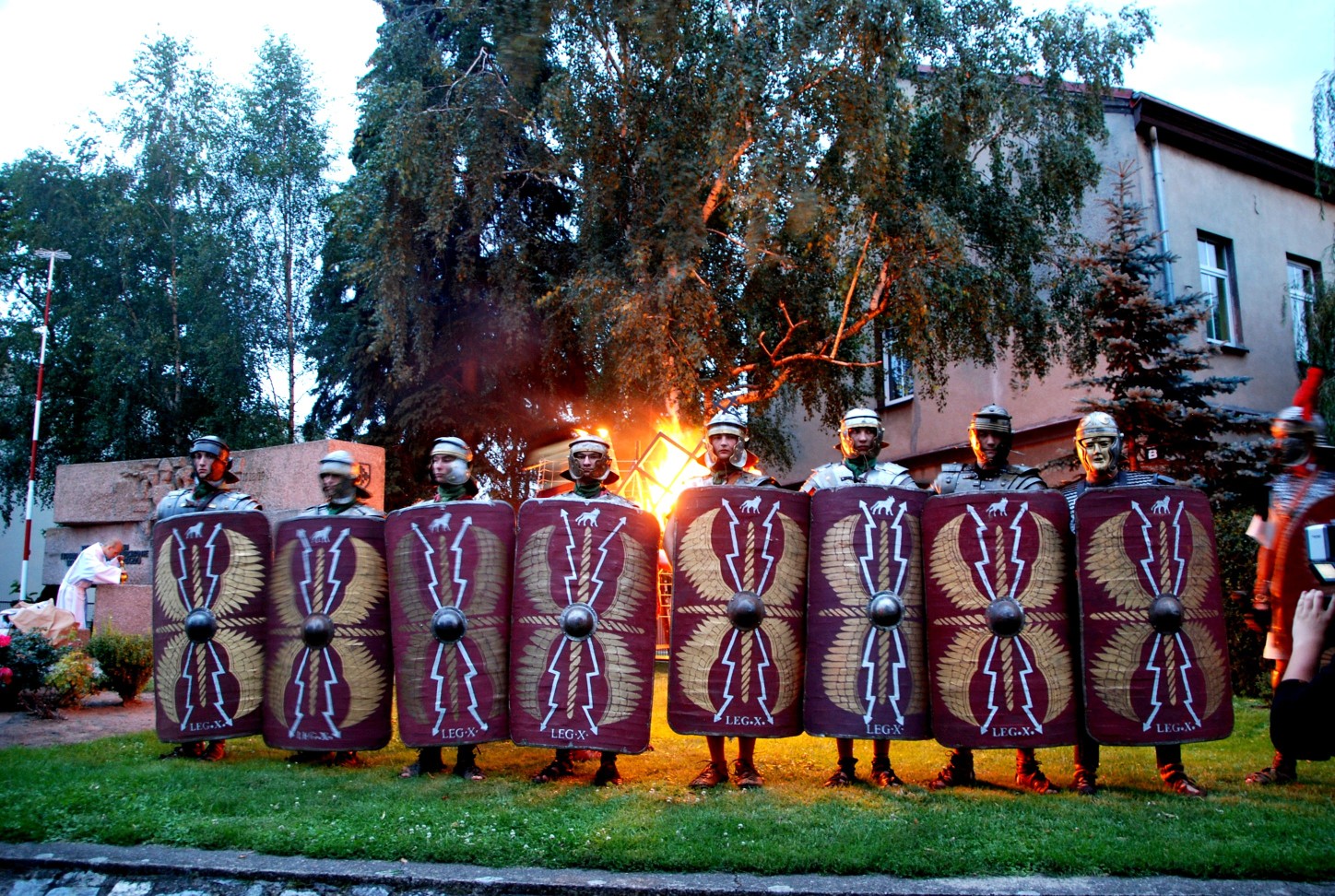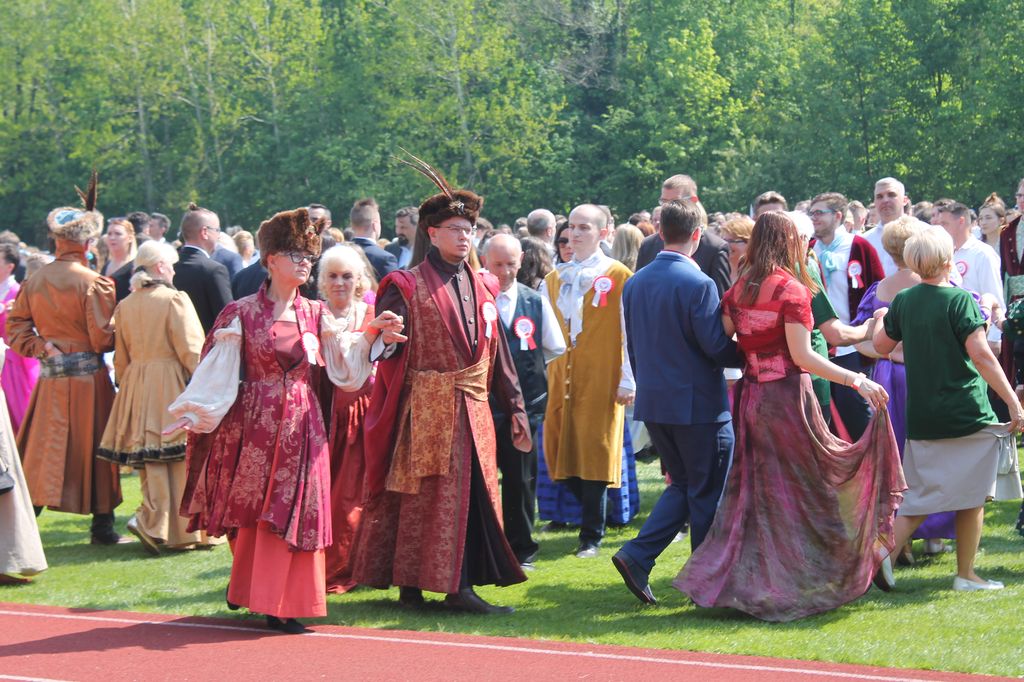Rozwój miasta rozpoczyna się w chwili, kiedy Słupca, z inicjatywy biskupa poznańskiego Jana, otrzymała prawa miejskie. 15 listopada 1290 r. w Dłusku książę wielkopolski Przemysł II wyraził zgodę na lokację miasta na prawie niemieckim. Dzięki ponownej lokacji z 1296 r. (tym razem na prawie średzkim) Słupca otrzymała cały szereg nowych nadań i przywilejów. Położenie miasta biskupiego przy ważnych traktach handlowych miało bardzo istotny wpływ na jego dalszy rozwój. W XIV wieku częstym gościem w mieście był książę Władysław Łokietek.
Miasto niemal całkowicie spłonęło w czasie najazdu krzyżackiego w 1331. Odbudowa Słupcy nie trwała długo. W latach 1375-82, z inicjatywy biskupa poznańskiego, miasto otoczono długim na 1100 metrów murem obronnym. Do wnętrza prowadziły dwie bramy – Toruńska (północna) i Pyzdrska (południowa) oraz dwie furty – Poznańska (zachodnia) i Konińska (wschodnia). W mieście funkcjonował kościół parafialny pw. Św. Wawrzyńca, a za murami kościół pw. Wniebowzięcia Najświętszej Marii Panny i św. Leonarda ze szpitalem. Poza murami istniały jeszcze trzy kaplice, powstałe w XV w. Zostały rozebrane wraz z murami miejskimi na przełomie XVIII i XIX wieku.
Z dawnej zabudowy miasta zachowały się do dziś m.in. resztki murów miejskich a także murowany kościół św. Wawrzyńca z XV w. oraz szesnastowieczny drewniany, kryty gontem kościół św. Leonarda.
Słupca jest miastem z muzycznymi tradycjami. Jednym z najwybitniejszych Słupczan był młodopolski kompozytor Apolinary Szeluto. Promowaniem w Polsce i na świecie, a jednocześnie ocaleniem od zapomnienia tego wybitnego artysty zajmuje się Stowarzyszenie im. Apolinarego Szeluty. Zrodziło się ono w wyniku spotkania dwóch środowisk: artystycznego z samorządowym.
Zapraszamy do odwiedzenia Słupcy i zapoznania się z twórczością kompozytora, który na stałe wpisał się w życie kulturalne miasta.


